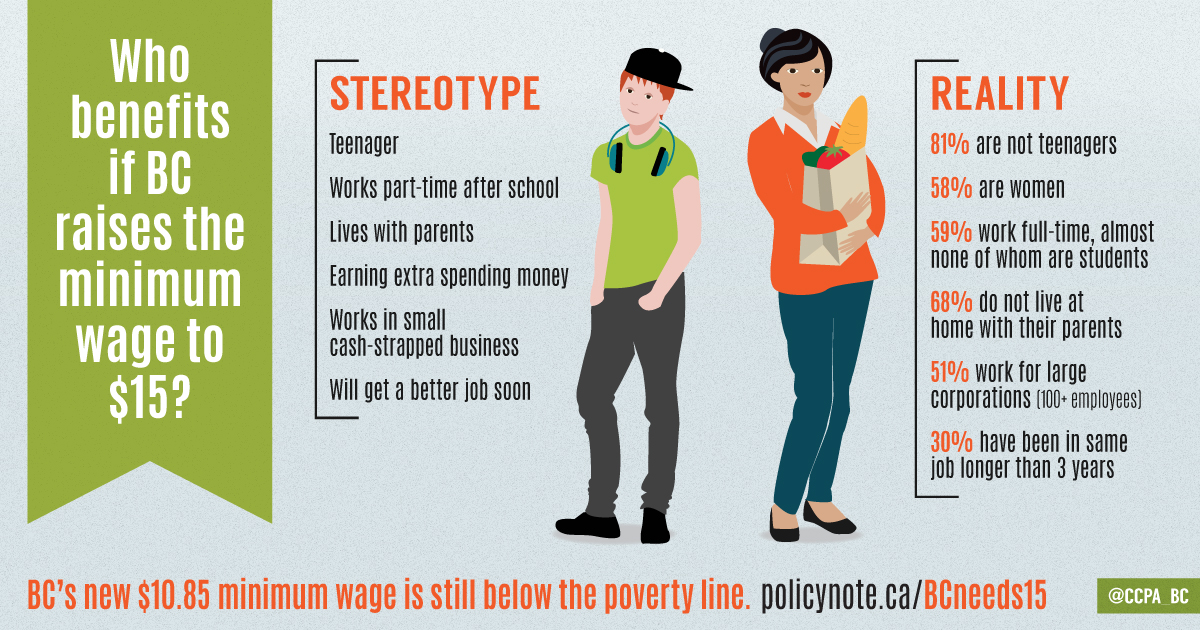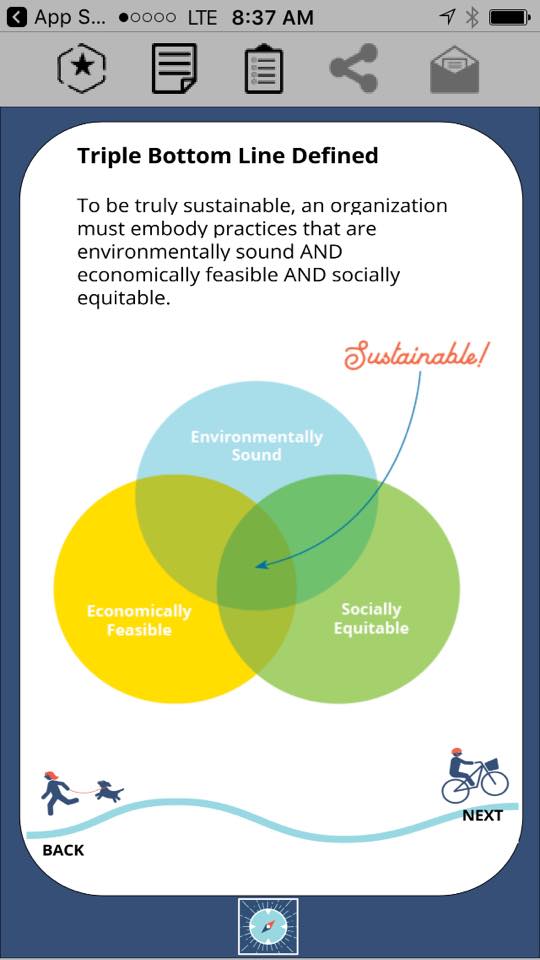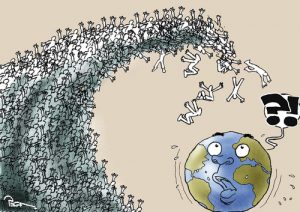Do you have to be a finance geek to invest wisely? Well, you don’t have to know anything about financial markets or capital markets and still end up making a good sum of money. It is just by knowing the facts of how much money is in your hand and how much you are losing without even realizing that you are losing it. Investment is just a way for most of the people to keep up with the inflation. The value of money is cut down by 4.2%. So people have to earn more to have the same level of lifestyle. There are few basic things that could be followed which could help saving exponentially.

This starts with paying credit card bills on time. This is technically not investment because we are not getting any securities or stocks. It would not be smart if we are expecting returns from an investment whereas we are losing money from the interest of credit cards. The best returns that can be expected from an investment can be 10% to 12% whereas the interest due for credit card lies at an average of 18%. We are easily earning 6% by paying our dues on time.
Lending it to others who are in need of it is also a wise investment. It would be better if it was somebody we had known before and is in need of money for a genuine reason. This will be a help and also it yields high margin interest as the there is a huge risk undertaken by the lender without any pledging of securities by the borrower. This has encouraged the trend of peer to peer lending practice which is an online service whose goal is to bring together the lenders and the borrowers.
My personal opinion is to invest in the methods one knows very well about. Some people may be used to investing only in real estates and it will be difficult for them to be made understand about cryptocurrency. Though they will be interested in the returns, they would not know when to take the important decisions. They will end up losing a lot more money. Thus, as per the consumer decision journey, one will have to stay in the field they have good knowledge and good experience of watching the market trend. Making Porter’s 5 forces also will give an idea how the future trend might be in a particular investment. Predicting and acting early would earn more returns as the demand would have not even arisen in that current situation.
References:
http://www.imf.org/external/datamapper/PCPIPCH@WEO/OEMDC/
https://www.fool.com/retirement/2017/01/17/5-best-investment-ideas-for-2017.aspx
http://www.businessinsider.com/investing-basics-young-people-5-2014-9
https://qph.ec.quoracdn.net/main-qimg-ba4696acc0415ef24c12d0737aa32321-c

 (https://www.ctvnews.ca/polopoly_fs/1.2968960.1467326620!/httpImage/image.jpg_gen/derivatives/landscape_960/image.jpg)
(https://www.ctvnews.ca/polopoly_fs/1.2968960.1467326620!/httpImage/image.jpg_gen/derivatives/landscape_960/image.jpg) (http://www.policynote.ca/wp-content/uploads/2016/06/ccpa-bc_MinimumWage2016.jpg)
(http://www.policynote.ca/wp-content/uploads/2016/06/ccpa-bc_MinimumWage2016.jpg)



